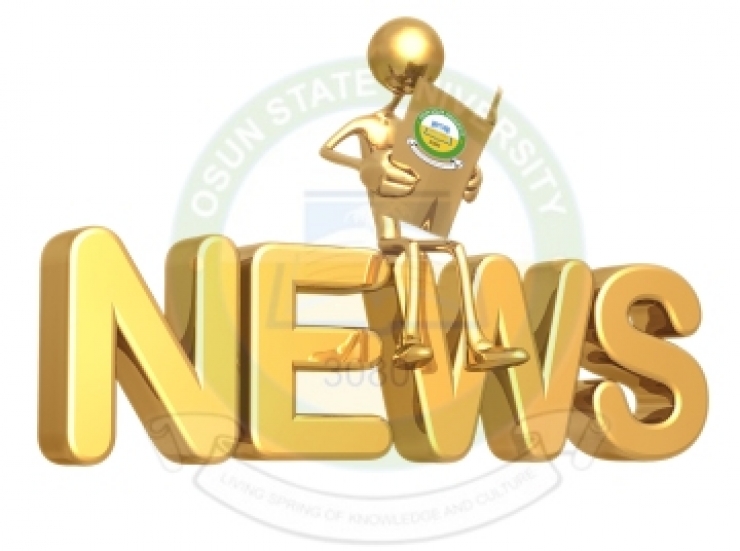Bonn University is one of the leading universities globally, and the collaboration will enhance UNIOSUN's visibility and global ranking. The collaboration is aimed at engendering the production of well-rounded entrepreneurial graduates who will be capable of impacting positively on their environments while also being globally competitive. It is also expected to proffer solutions to some of the challenges bedeviling the academic world in particular and the human society in general.
The new collaborative relationship, which is operationally between the College of Humanities and Culture of UNIOSUN and Bonn University's Center for Dependency and Slavery Studies (BCDSS), was kick-started with a 2-day hybrid workshop jointly organised for students of both collaborating institutions between Wednesday, 30th March and Thursday, 31st March 2022 at the main Auditorium of UNIOSUN's College of Humanities and Culture, Ikire Campus.
In their addresses, Dean, Faculty of Humanities, Professor Rotimi Fasan and the Director, Department of Near Eastern History and Languages at the University of Bonn, Germany, Professor Stephan Conermann expressed optimism that the collaborative approach of the two ivory towers would help in strengthening the exposure of collaborating institutions' students and academics, while advancing the course of knowledge. The Vice-Chancellor, Professor 'Ayo Clement Adebooye, ably represented by the Deputy Vice-Chancellor (Academics, Research, Innovation and Partnerships), Professor Anthony Kola-Olusanya, congratulated the host institutions for the initiative and expressed hope that they would explore more opportunities for collaborative work. The Vice-Chancellor highlighted the importance of multi-disciplinarity anchored on the foundations of research and innovation in the academia.
Facilitators and participants at the workshop contended that the solutions to the myriads of challenges bedeviling the human society were inherent in the system. Participants also agreed that if those solutions were identified and put to use, contemporary African and global challenges would be easily surmounted.
One of the participants and a graduate of UNIOSUN's History and International Studies, Arogundade Nurudeen, spoke on the Political Economy of Electricity Generation, Management and Consumption in Southern Nigeria (1895-1982). He posited that over the years, the huge investment in the power sector and the failure of successive administrations to make the sector work had continued to dampen the hopes of Nigerians. Another UNIOSUN alumnus made a presentation on Religious Faiths and Responses to Indigenous Medicine in Southwestern Nigeria, 1960 till Date. He maintained that the link between indigenous medicine and religion is inseparable, but argued that there were gaps between religious adherents and users of indigenous medicine.
Other papers presented by participants from the College of Humanities and Culture, Osun State University at the workshop included: "Modernity and the Challenge of Environmental Degradation in Recent Nigerian Novels: Ecocritical Perspective", by Mariam Salaudeen; "Tunde Kelani's Yoruba Cinematoaesthetics and the Birth of Nigerian Cultural Renaissance in Saworoide and Agogo Eewo", by Oyeleye Olamiposi; "Child Marriage Trauma, Resistance and the Emergence of Heroines in Contemporary Northern Nigerian Novels", by Elizabeth Erivona; and "The TransAtlantic Slave Trade and the Emergence of Proto-Feudal Lagos", by Temitope Fagunwa.
Earlier in his Keynote address, Professor Olukoya Ogen, a Professor of History and Fellow of the Historical Society of Nigeria, charged the participants of the workshop to keep an open mind to new knowledge as hitherto held beliefs and theories could be counter-productive in contemporary knowledge generation and application.

